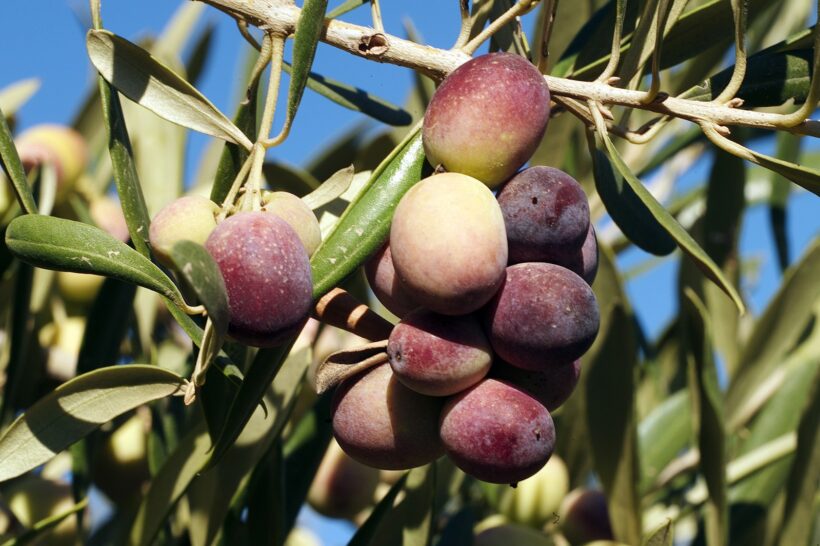
By Joe Carter
The modern human diet has become increasingly unsustainable. Due to the massive growth of industrial-scale farming and agriculture, as well as extensive food packaging and transportation, most things we eat negatively contribute to the environment in some aspect. For some food items, it is the amount of water and resources it takes to produce the product, and for others, it’s the excessive use of plastic and paper to wrap them up. In order for us to live more sustainable lifestyles, we need to be conscious and aware of the effect our food has on the environment. There are several steps that we can take as food consumers to do what we can to reduce our carbon footprint.
Up Your Veggies
Focusing on a more plant-based diet is an excellent step for being more sustainable. Eating plant-based doesn’t necessarily mean you have to go vegetarian or vegan. Rather, it means that you incorporate plants, like fruits, vegetables, and legumes, as the basis of a lot of your meals. The traditional style of eating at the moment is having meat at the center of each meal. But plant-based meals use meat as more of a side, or at times just omit it altogether. The idea of incorporating more vegetables into your meal, in theory, should help you reduce the amount of meat you consume. There are plenty of delicious plant-based recipes out there that can introduce you to new meals, as well as veggie-fy for favorite dishes that normally do contain meat.
Shop Smarter
A common misconception of sustainable eating is that the only switch you need to make is eliminating animal products. And while animal products do generally consume more resources per weight than vegetables, flying produce all over the world is not so great for the environment either. The mass transportation of food in boats, trucks, and planes is a massive contributor to carbon emissions that plague the planet. Being more conscious of where our food comes from is an important step for sustainability. Shopping smarter can include visiting markets that get their supply from local farmers, shopping local in your grocery store, stopping at produce stands on the side of the road, and focusing on purchasing food that’s in season. Additionally, avoid or reduce buying food that is not local to your area. This means that if you live in a land-locked state, try to buy less fish or make sure the fish that you buy is sustainably sourced.
Cut Down on Red Meat
Red meat is one of the most resource-heavy categories of food. Beef specifically is one of the biggest culprits. It takes over 2,400 gallons of water to produce 1 pound of beef. This is exponentially more in comparison to the 25 gallons of water it takes to produce 1 pound of wheat. Not to mention, cows release methane into the air. Methane is a particularly problematic gas because of its heat-trapping abilities which increase the overall temperature of the earth. When compared to another popular greenhouse gas, carbon dioxide, methane is 20 times more powerful at heat-trapping. While adopting an entirely vegan or vegetarian diet is unrealistic for many, just reducing the amount of red meat consumed is a giant step. Adopting “meatless Mondays” can cut down an individual’s carbon footprint by 7.5 pounds.
The Bottom Line
It is important to remember that we as individuals have a lot more power in making the world more sustainable than we may believe. If every person in American ate just one less serving of chicken per week, it would be the equivalent of taking 500,000 cars off the road. By taking into account these tips and making small adjustments to our diets, we can make a difference.
Joe is passionate about all things sustainable. As a former project manager, he has always been interested in doing what he can to be more ecoconscious in all areas of this life. When he’s not writing, he is cooking, baking, or hanging out with his dog, Millie.
Image source: Flickr



Leave a Reply